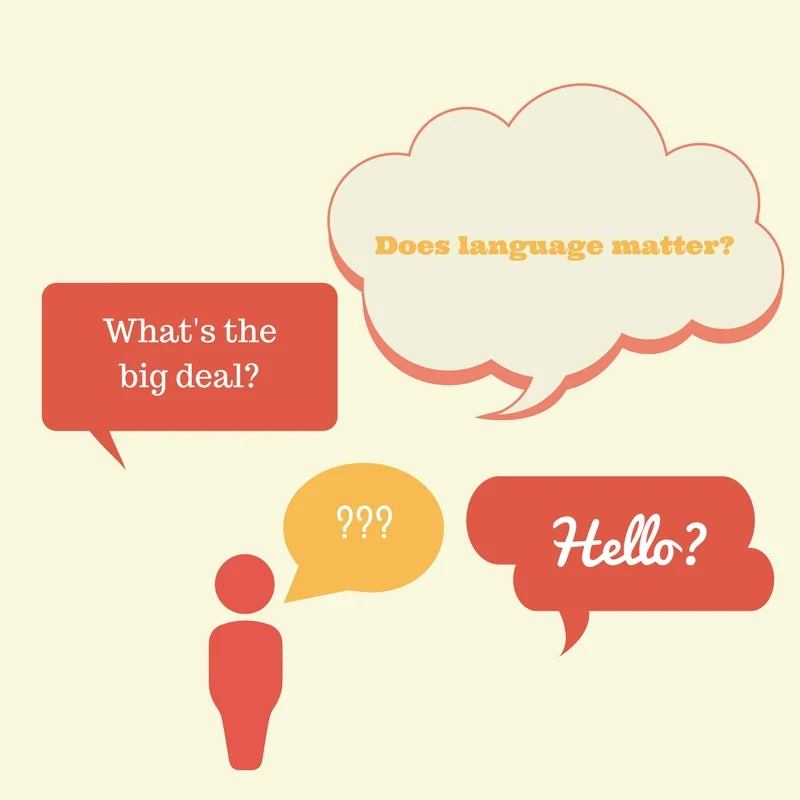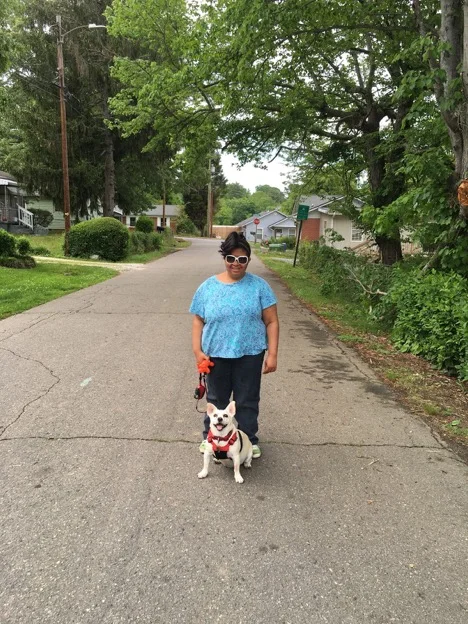SimplyHome attends many conferences, but the most recent one was special: the room was so full that many people had to stand. The audience seemed spellbound, and more than a few had tears in their eyes.
Read MoreAfter two tours in the Middle East and several combat-related injuries, John decided it was time to rejoin civilian life and hone new skill sets in the business technology world. John runs a small business out of his house and uses SimplyHome technology to set the scene for a day of working from home.
Read MoreIn some ways, for the adult with ASD (Autism Spectrum Disorder) who wants to be independent, the world has never looked brighter. Today we are exploring how adults with autism can use SimplyHome technology to enable them to live on their own in the community while meeting the challenges of everyday life.
Read MoreFor the Alzheimer’s caregiver, assistive technology can create a stronger safety net for their loved one, allowing the caregiver to receive alerts when additional support is needed. These alerts can be sent to multiple family members, enabling families to distribute caregiving responsibilities and take better care of themselves and their loved ones.
Read MoreAssistive technology – particularly customized remote support technology – can enable a person with TBI to take more ownership of daily life, gaining greater independence and asserting the dignity of taking reasonable risks.
Read More“With Xia, I got so much more than I merely hoped for – I got what I dreamed of. I dreamed of staff that would love him and care for his emotional health – even when at times he is hard to love. I dreamed of staff that would look for innovative solutions to problems as they arose – because we knew that there would be problems."
Read MoreAccustomed to fighting for freedom, Charles was determined not to let his disability take his own independence. He longed to be more active. His new tablet gives him more freedom to move around the community and to connect with friends and family through his touchscreen tablet.
Read MoreLanguage not only creates barriers -- it can also build bridges. That's why we are taking time to revisit the idea of language being person-centered, especially as we continue to work with people in the disability community. Want to use empowering, respectful language? Here are ten ways to make your language more person-centered.
Read MoreSmart-home technology: It's not just for adults! Smart technology can be extremely beneficial to children, providing them with natural supports. Developing independent living skills from a young age prepares children for the transition to adulthood and community-based living.
Read MoreKnowing where to find assistive technology resources can be daunting. Where do you even begin? How do you know what works? We’ve identified a list of the top go-to sources for individuals with disabilities wanting to stay informed about assistive technology resources available to them.
Read MoreUniversal design is a concept quickly becoming embraced among homeowners of varying ages. The idea is to start making simple modifications now to your home, enabling you to remain in your home when your daily lifestyle needs and routines change.
Read MoreTrend #1: Technology will be key to sustaining independent lifestyles among senior living residents. SimplyHome technology encourages and empowers an independent lifestyle through wireless systems by utilizing sensors. As a family member, you and care staff can receive call, text or email alerts from anywhere when a problem is detected. Family visits and phone calls can focus on what matters most -- quality time.
Read MoreThe holidays are a great time to simply observe the aging process of your loved ones and to anticipate the process of planning for the future. Depending on what you observe, you can lay the foundations for future conversations about life changes, whether that means making plans to age in place, move closer to loved ones, or find a more supported living setting.
Read MoreDavid Maennle is an accomplished young man who directly benefits from assistive technology in North Carolina. David’s chosen lifestyle -- living independently in the community with the help of technology -- saves the State of North Carolina almost $80,000 per year. David was born with an intellectual disability, but as his mother Becky says, “He is able to do everything that he puts his mind to. He just does it a bit differently.”
Read MoreSimplyHome asked Brian a few questions about his life after Extreme Makeover, how technology impacts his life today, and where his goals will lead him next!
Read More















